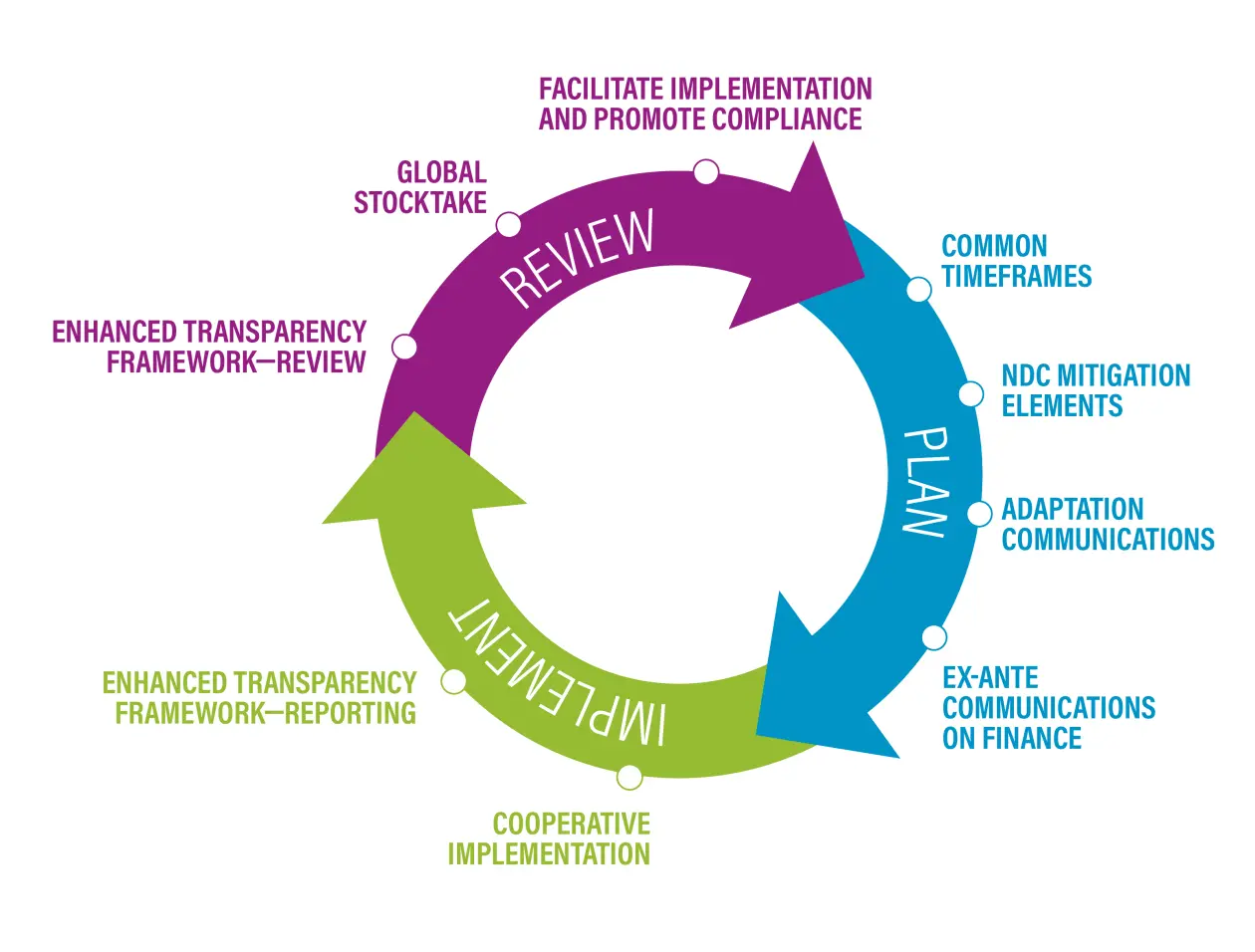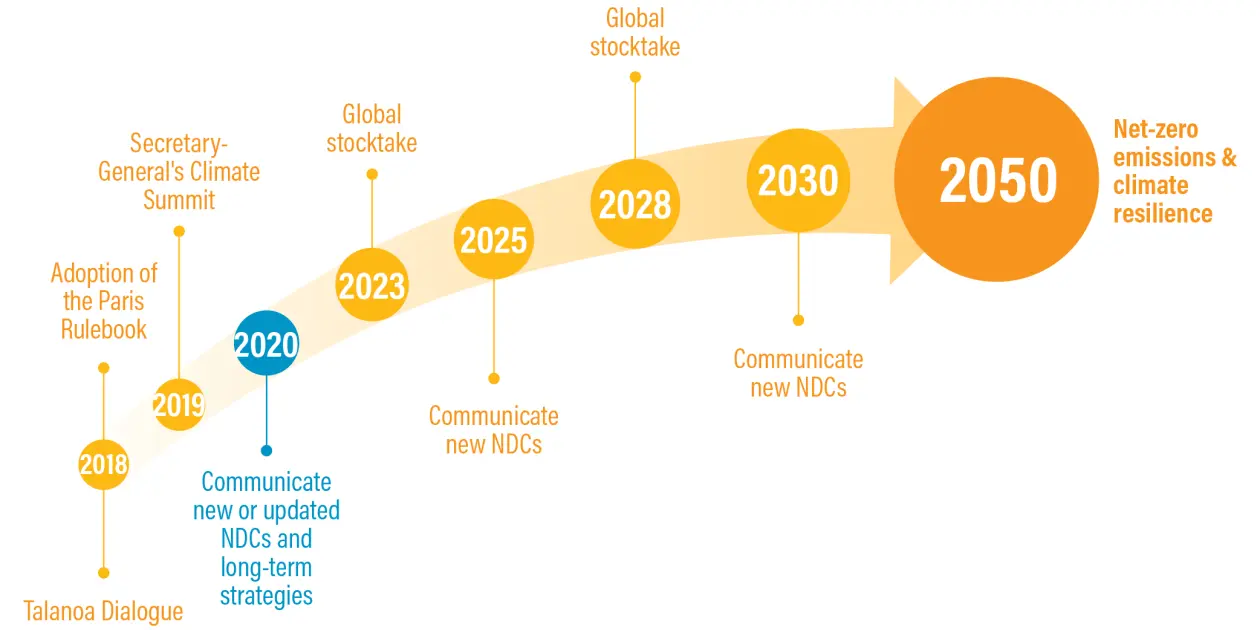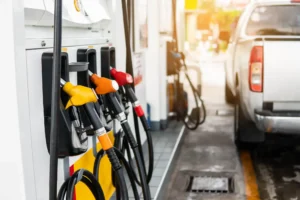Paris Agreement
“Holding the increase in global average temperature to well below 2 degrees Celcius above pre-industrial levels …”
In Brief
The Paris Agreement aims to limit the global temperature rise well below 2 degrees Celsius above pre-industrial levels, with a further aim to strive for a more ambitious target of 1.5 degrees Celsius. This is essential to prevent irreversible damage caused by climate change and ensure the well-being of ecosystems and communities worldwide.
The Paris Agreement places significant emphasis on transparency and accountability. Participating nations are required to regularly report their greenhouse gas emissions and progress towards their Nationally Determined Contributions (NDCs). This transparent approach enables monitoring, evaluation, and collaboration among countries, fostering a sense of collective responsibility in the global fight against climate change.
At JC Fuels, our mission is clear: we strive to revolutionize access to clean energy solutions and accelerate the world towards a net-zero carbon future. In line with our commitment, we recognize the Paris Agreement as a pivotal global initiative in the fight against climate change. In this article, we delve into the significance of the Paris Agreement, its goals, and its potential to shape a sustainable future for generations to come.
The Paris Agreement:
A Global Climate Commitment The Paris Agreement, adopted in 2015, stands as a landmark international treaty designed to address the urgent challenge of climate change. It brings together nations from around the world, collectively uniting their efforts to mitigate the impacts of global warming. By highlighting the agreement’s key components, we can appreciate its role in transforming our planet’s trajectory.

Setting Ambitious Goals for a Sustainable Future:
At the heart of the Paris Agreement lies its ambitious goal to limit the global temperature rise well below 2 degrees Celsius above pre-industrial levels, with a further aim to strive for a more ambitious target of 1.5 degrees Celsius. These targets are essential to prevent irreversible damage caused by climate change and ensure the well-being of ecosystems and communities worldwide.
Transparency and Accountability:
To achieve its objectives, the Paris Agreement places significant emphasis on transparency and accountability. Participating nations are required to regularly report their greenhouse gas emissions and progress towards their Nationally Determined Contributions (NDCs). This transparent approach enables monitoring, evaluation, and collaboration among countries, fostering a sense of collective responsibility in the global fight against climate change.
Nationally Determined Contributions (NDCs):
NDCs represent individual country commitments to reduce greenhouse gas emissions and adapt to the impacts of climate change. Each nation sets its own targets, strategies, and timelines, ensuring flexibility and recognition of diverse circumstances. Regular review cycles enable countries to enhance their NDCs, fostering a continuous drive towards more ambitious climate action.

Financial Support for Developing Nations:
Acknowledging the disproportionate impacts faced by developing nations, the Paris Agreement establishes a framework for financial support. Developed countries commit to providing financial resources, technology transfer, and capacity-building assistance to help developing nations in their climate change mitigation and adaptation efforts. This financial solidarity fosters a fair and equitable transition towards a sustainable future.
Adaptation and Loss & Damage:
The Paris Agreement recognizes the urgent need to support vulnerable communities in adapting to the impacts of climate change. By investing in adaptation measures, we can enhance resilience and protect those most affected by the consequences of global warming. Furthermore, the agreement acknowledges the concept of “loss and damage,” ensuring that irreversible climate impacts are addressed, mitigated, and supported.
Global Solidarity: Joining Forces for a Better Future:
The Paris Agreement underscores the importance of global cooperation and solidarity. It encourages collaboration among nations, stakeholders, and organizations to accelerate climate action. By sharing knowledge, resources, and expertise, we can foster innovation and develop sustainable solutions that propel us towards a net-zero carbon future.
In conclusion, The Paris Agreement represents a crucial global effort to combat climate change and create a sustainable future for all. At JC Fuels, we firmly believe in its transformative power. and we align our mission with the objectives of the Paris Agreement. Together, let’s embrace this global commitment, driving the world towards a net-zero carbon future and ensuring a thriving planet for generations to come.


